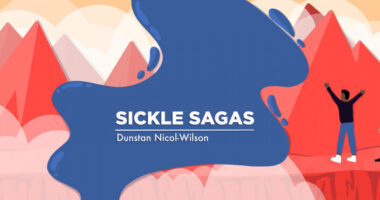APCER Report Confirms Safety of Sickle Cell Therapy Endari

APCER Life Sciences has released a report confirming the safety profile of Endari (L-glutamine), according to Emmaus Life Sciences, which developed the therapy.
Endari is an oral therapy for sickle cell disease (SCD) approved by the U.S. Food and Drug Administration to reduce severe complications associated with the disease in both adults and children, ages 5 and older.
The medication works by increasing the amount of free L-glutamine. L-glutamine is an amino acid — the building blocks of proteins — that plays an important role in cell metabolism. It is taken up by sickled red blood cells to produce antioxidant molecules.
These molecules help red blood cells neutralize the damaging effects of oxidative stress and regain flexibility, allowing them to transport oxygen throughout the body more effectively. Oxidative stress damages cells due to high levels of oxidant molecules, or reactive oxygen species.
According to APCER’s report — which was based on data from patients taking the medication from July 7, 2017, to April 6, 2020 — none of the adverse drug reactions (ADRs) identified were considered a serious safety concern.
“We are pleased that the APCER report has reconfirmed the safety profile found in the clinical trials where there were no serious ADRs attributable to Endari,” Yutaka Niihara, MD, chairman and CEO of Emmaus, said in a press release. “Since its approval by the FDA in July 2017, there have been approximately 20,000 prescriptions written for Endari and it is significant that the drug’s safety profile has been further substantiated.”
Most adverse drug reactions did not require hospitalization and were considered non-serious. However, some, including malaise, influenza, and pneumonia, were serious and led to the hospitalization of a high number of patients.
Some adverse events, including diarrhea, are not considered safety signals at this point since they might be caused by SCD itself rather than as a direct result of Endari.
The report also identified several adverse drug reactions listed as possible side effects in Endari’s prescribing information, such as cough, abdominal pain, back pain, chest pain, nausea, and constipation.
A total of 13 deaths have been reported to date in patients taking Endari. In one case, the cause of death was associated with sepsis and SCD crisis, while in the remaining 12 cases, the cause of death was unknown.
Yet, “considering the fact that death rate is higher in patient of sickle cell anemia, the event death is not considered as a safety concern as of now,” the report stated.






